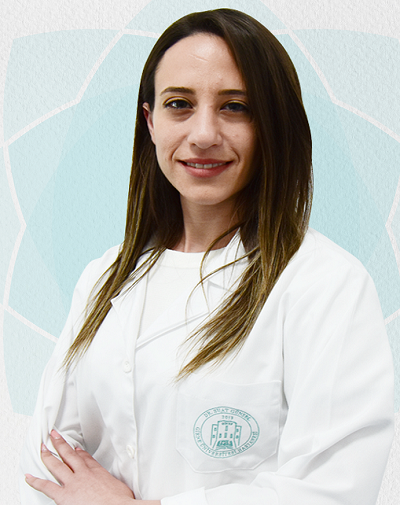
Dr. Suat Günsel University of Kyrenia Hospital Paediatrics Specialist Ankay MD., stated that in order to raise awareness about the preventable diseases and importance of vaccination the World Health Organisation declared the last week of April as World Immunization Week and she added the following:
“Vaccines are biological products which contain killed or weakened forms of bacteria or viruses used for the treatment and protection against infectious diseases. The basic mechanism of vaccines is similar to natural diseases. Both of them warns the immune system, recognises the germs that entered the body and creates a memory. After that, when a germ enters the body the immune system recognises it and destroys it before it causes a disease.
As the immune systems of children is not fully developed at early ages, some vaccines need to be repeated regularly.
FROM WHICH DISEASES VACCINES PROTECT US?
Vaccine preventable diseases currently include; tuberculosis, diphteria, whooping cough, trismus, polio, measles, rubella, epidemic parotitis, rotavirus, Hepatitis A, Hepatitis B (jaundice, cirrhosis, liver cancer), haemophilus influenzae type B (meningitis, pneumonia), varicella, flu, pneumococcal infections.
ARE VACCINES HARMFUL? WHAT ARE THE SIDE EFFECTS?
The recommended immunization schedules are designed to protect babies and children from fatal diseases at the age which they are most vulnerable.
Side effects of the vaccines that are produced with modern technology are almost nonexistent. Side effects in the body and around the injection site may rarely be seen. Most common risks related with vaccination include, redness and swelling around injection area which are not severe and automatically recover within one or two days. In a very rare rate, allergic or systematic reactions related with the ingredients of the vaccine can be seen. However, when you compare these side effects with the results of the potential diseases, they are very insignificant.
IN WHICH CASES A PERSON SHOULD NOT BE VACCINATED?
The conditions that vaccination should be avoided are very few. According to the statement published by World Health Organization, the conditions that vaccine should not be given to children suffering from: malign diseases like leukaemia, lymphoma and other cancer types, severe pneumonia, renal failure, active tuberculosis, metabolic diseases that require hospital care, corticosteroid therapy and radiotherapy weaken the immune system. It must be decided by the physician who follows up the patient whether to vaccinate the patient or not in case any of the above specified diseases are present. Infections that are not very severe and do not cause fever should not prevent vaccination.
Babies should begin their vaccination program in accordance with the vaccination schedule right after birth. It is important to inject the vaccines at at an appropriate age and within proper intervals to get the best effect.
Vaccination is not only for children. Adults and especially elders can protect themselves from diseases with vaccines.”